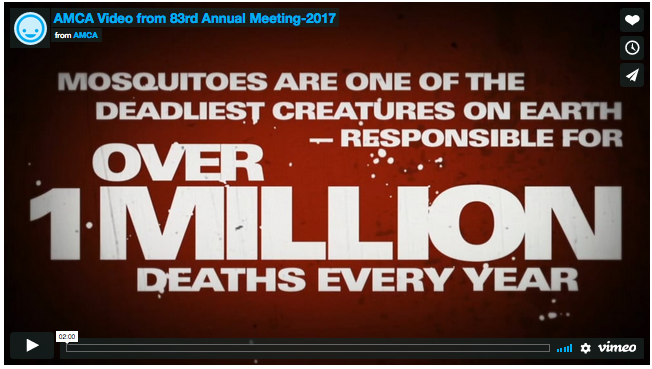Mosquitoes
Rains combined with warm weather make conditions favorable for mosquito breeding. Mosquitoes can breed in any standing water if it lasts at least seven days.
“Our main focus is to reduce the risk of mosquito-borne disease,” Joe Harrod, Director of Environmental Health, said.
2024 Mosquito Spraying Schedule
All spraying will be conducted before dawn. This schedule is subject to change. Any schedule changes will be posted on the Richland Public Health social media and/or website.
If you are the property owner and would like to request your property be exempted from mosquito spraying, please CLICK HERE to complete the Do Not Spray Request Form.
Richland Public Health will be conducting mosquito spraying, weather permitting, at the following locations on September 16-17, 2024:
- September 16 – South of West Fourth St., North of S. Lascerne Cir., East of N. Home Rd., West of Buckeye Ave., Mansfield City. Alternate date September 17, 2024.
- September 16 – South of West Fourth St., North of Kenmore Dr., East of Scotland Blvd., West of N. Home Rd., Ontario City. Alternate date September 17, 2024.
Preventing Mosquito Bites
Mosquitoes lay their eggs in standing water, which includes puddles, stagnant ditches, and containers such as old tires, buckets, cans, neglected swimming pools, and flower pots. Mosquitoes can carry diseases, including West Nile Virus, which can cause serious illness. It is important to apply mosquito repellent when participating in any outdoor activity when mosquitoes are active.
- Richland Public Health recommends following these tips to help avoid mosquito bites:
- Make sure that doors and windows have tight-fitting screens.
- Repair or replace all torn screens in your home.
- Remove all discarded tires from your property.
- Dispose of tin cans, plastic containers, ceramic pots, or similar water-holding containers.
- Make sure roof gutters drain properly. Clean clogged gutters in the Spring and Fall.
- Clean and chlorinate swimming pools, outdoor saunas, and hot tubs. If not in use, keep pools/saunas empty and covered.
- Drain water from pool covers.
- Change the water in birdbaths at least once a week.
- Turn over plastic wading pools and wheelbarrows, etc. when not in use.
- Clean ditches of obstructions so they drain properly.
- Eliminate any standing water that collects on your property.
- Check trees for cavities that hold water and fill them with soil, gravel, or sand.
- Remind or help neighbors to eliminate breeding sites on their properties.
- Use insect repellent and follow the label directions.
What Are the Symptoms of West Nile Virus?
- Serious Symptoms in a Few People. About one in 150 people infected with WNV will develop severe illness. The severe symptoms can include high fever, headache, neck stiffness, stupor, disorientation, coma, tremors, convulsions, muscle weakness, vision loss, numbness, and paralysis. These symptoms may last several weeks, and neurological effects may be permanent.
- Milder Symptoms in Some People. Up to 20 percent of the people who become infected have symptoms such as fever, headache, and body aches, nausea, vomiting, and sometimes swollen lymph glands or a skin rash on the chest, stomach, and back. Symptoms can last for as short as a few days, though even healthy people have become sick for several weeks.
- No Symptoms in Most People. Approximately 80 percent of people (about 4 out of 5) who are infected with WNV will not show any symptoms at all.
- Anyone bitten by an infected mosquito could become ill. Children under age 16 are at greater risk of infection for La Crosse encephalitis. Symptoms for La Crosse encephalitis are similar to those above but children under age 16 are more likely to develop severe illness. Symptoms may occur five to 15 days after a bite.
For additional information on mosquitoes, you can also call Environmental Health at 419-774-4520.
Educational Resources

The American Mosquito Control Association has provided a 2-minute informational video about mosquitoes.
